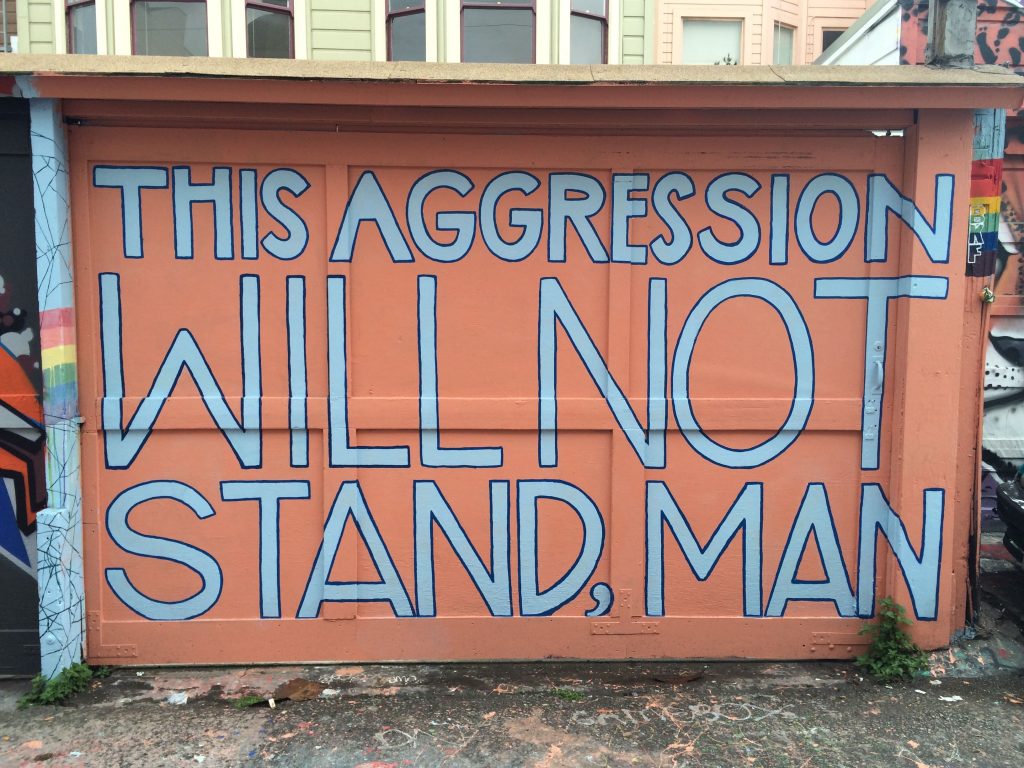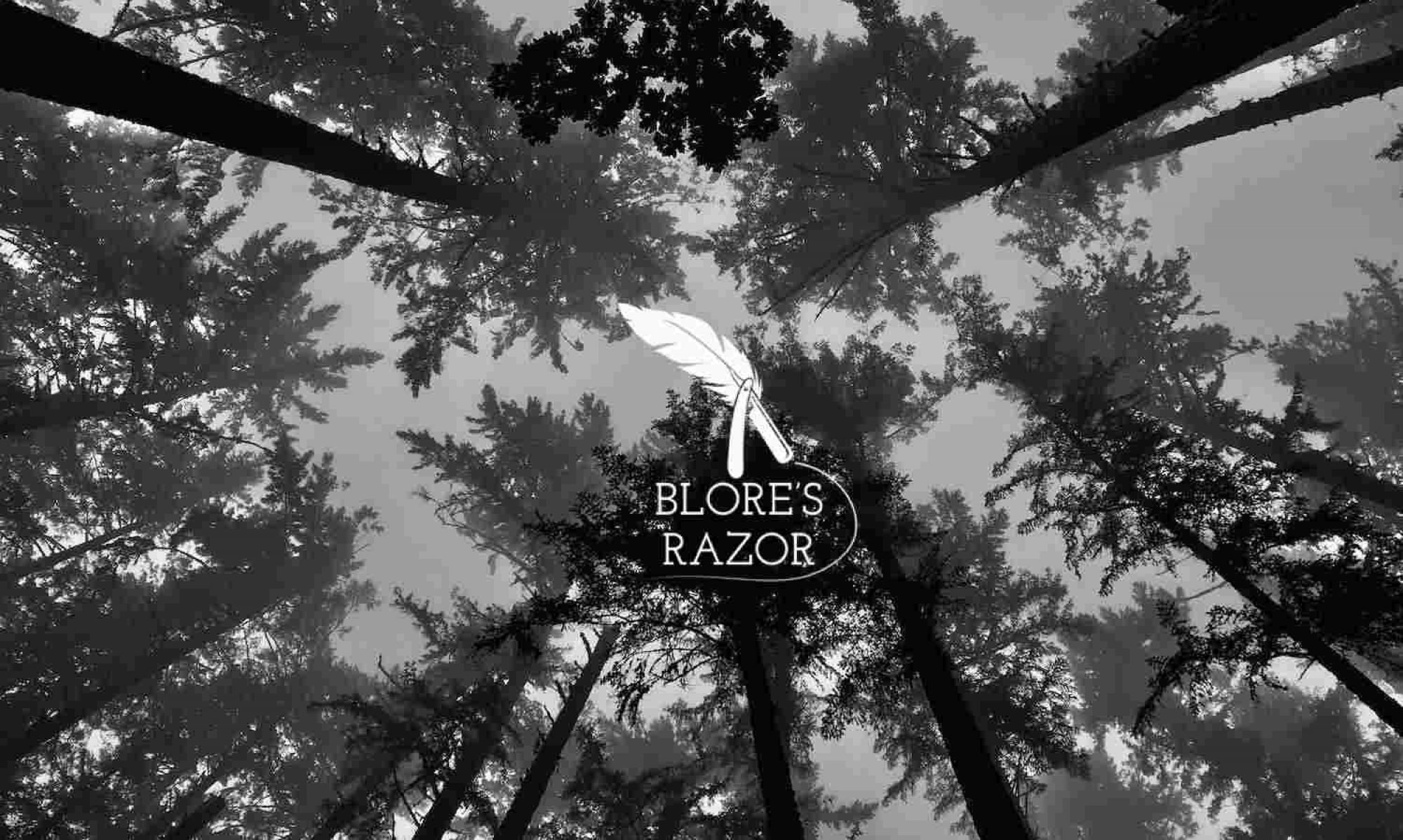
Do you remember your most stressful, thankless, low-paying job? The type of miserable work that felt as useless as polishing firewood and made you drink way too much cheap wine? I do. I worked as an addiction specialist in a San Francisco methadone clinic for two years.
When I first moved to the city, I was in my 20s, fresh out of four sublime years living abroad. I’d studied psychology and sociology and was interested in putting my education and international experience to good use. I had no idea that these weren’t the tools I needed to help people struggling with addictions.
I worked from 7:00 am to 3:30 pm on weekdays. Since the pay was low, the staff all clamored to work holidays and weekends for time-and-a-half. I had a caseload of over 50 clients. It was excruciating trying to get each of them to sit down for the state-mandated 90 minutes of counseling per month.
“What do you know, blondie? You aint never been no addict,” an older client barked.
“My wife is jealous that I get to talk to you every month,” another sneered, licking his lips.
Of the 50, I had about 10 who were interested in detoxing. They would ask for city resources or want to talk about their difficult childhood, their service in Vietnam, or even Carlos Castaneda books. Others were still actively using and would sometimes come into my office completely out of their minds.
One morning, my client—let’s call him Danny—came roaring into the clinic screaming obscenities and throwing whatever he could get his hands on. Other clients scattered as chairs, pamphlets, and our main bulletin board went flying. Dr. K (my boss) tried to calm Danny down. I was watching from my office doorway and could smell Danny’s soiled clothes from 15 feet away. His pupils had completely consumed his irises and his wild-eyes darted around the clinic. My knees began to shake and I avoided eye-contact.
Since we drug-tested clients regularly, I knew Danny was quite fond of speed, but it could have been any combination of drugs coursing through his veins, making him psychotic.
Dr. K and our security guard finally got Danny to leave, who bellowed his garbled intentions to exact revenge on us all. The staff and I breathed a sigh of relief and laughed uncomfortably at the lunacy of this job.
A couple of hours later, I took my lunch break and was walking north on quiet Steiner Street, trying to avoid the rush on Fillmore. Suddenly, I heard someone running up behind me with clumsy heavy steps.
Oh fuck, I thought. I know exactly who this is. Danny jogged up beside me, looking me up and down with his wild eyes. He had an open can of SpaghettiOs in his hand and was shoveling finger gouges of the thick red sauce into his mouth, which dribbled down his chin onto the front of his soiled jacket.
To my own surprise, I smiled at him and said, “Danny! Oh my God, thank you. I’m so grateful you’re here. This isn’t the best part of town. It’s kind of dangerous actually. Would you mind escorting me to the Walgreens on Fillmore?”
His eyes widened and he smiled with delight, putting down the half-empty can on the curb and licking his fingers.
He took his new security job very seriously. As we crossed Post Street, Danny sprinted out 20 feet in front of me, swiveling his head in search of cars and spreading his arms wide, shielding me from traffic.
“Come on, Jocelyn! It’s safe!”
As we got closer to our destination, he kicked some broken glass out of my footpath and indicated I should walk around it. When we got to Walgreens, I told him, “Danny, thank you so much. I was really worried about that stretch of Steiner and you made me feel safe. I’ll see you tomorrow?”
The beauty of this story is that even when we’re enraged or out of our minds, at our core, we just want to feel useful, loved, and connected to others.
This reminds me of a theory I learned in one of my psychology classes: the “Benjamin Franklin Effect.” The basic idea is that if you want your enemy or opponent to like you, ask them for a favor.
The story goes that Franklin had some political rival and wanted to thaw the relationship, so he asked the man if he could borrow a book. When the rival granted that favor, he felt a sense of usefulness and connection. Although they’d been fierce opponents, after asking for a favor, the tension melted and they became friendly.
Also, the rival’s kind behavior toward Franklin, a political enemy, produced cognitive dissonance—a mismatch between one’s behavior and emotions. The theory goes that it’s very uncomfortable to have a mismatch between one’s external and internal worlds, so we change one to fit the other. For the sake of internal harmony, the man ditched his negative emotions toward Franklin to align with his positive prosocial behavior.
Overall, when we treat people well and rely on them, they feel good about being needed and connected.
So ask a favor of that awful coworker or your judgmental mother-in-law! You might develop a closer relationship. And at the very least, you’ll give them a raging case of cognitive dissonance.

Jocelyn, I love this! I remember years ago reading about the Northridge earthquake and how the first responders were actually gang members, anxious to help, and feel needed and important. Thanks for the reminder. I will live my day a little differently because of your words. X)